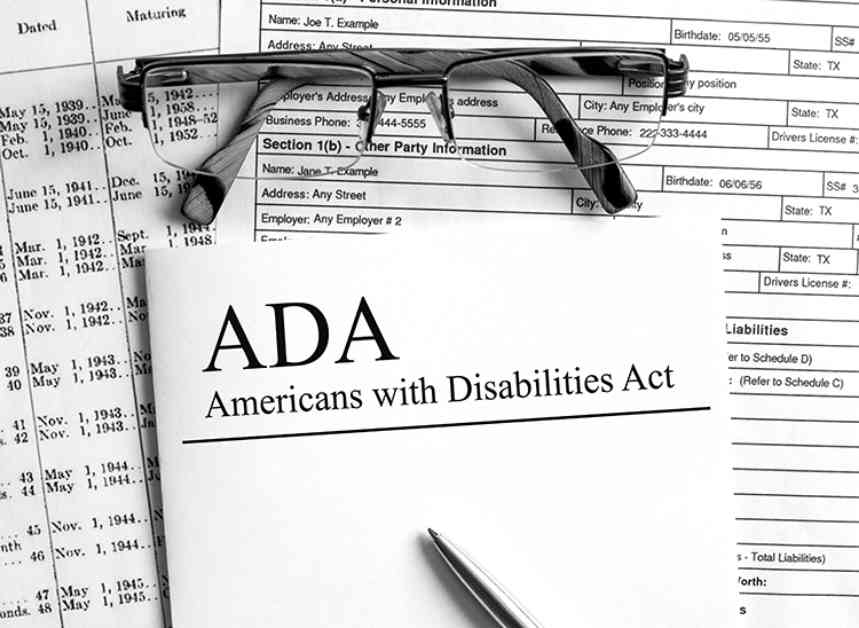DOJ Concludes Bias Against Law School Grads with Substance Use History
The U.S. Department of Justice recently made a groundbreaking discovery that has sent shockwaves through the legal community in Tennessee. It has been revealed that aspiring lawyers with a history of substance use disorders faced unlawful discrimination in their quest for a law license. This revelation has shed light on a dark corner of the legal system that many were unaware of until now.
The Unjust Treatment Unveiled
According to the DOJ’s findings, the Tennessee Board of Law Examiners and the Tennessee Lawyers Assistance Program violated the Americans With Disabilities Act in their handling of applicants with past substance-use disorders. These individuals were subjected to what was deemed as “burdensome examinations” and unnecessary conditions that were triggered by their previous diagnoses or treatment history.
The investigation was sparked by complaints from two bar applicants, known as “D.S.” and “C.B.,” who had been treated for substance-use disorders in the past. These individuals suffered significant economic setbacks, including job losses and financial burdens, due to delays in obtaining their law licenses and the costs associated with complying with mandatory evaluations by treatment facilities.
A Personal Battle for Justice
One such individual, Derek Scott, now a practicing attorney in Clarksville, Tennessee, found himself at the center of this discriminatory treatment. Scott had been continuously treated for an opioid-use disorder since 2012 and graduated from the University of Tennessee College of Law in 2019. Despite his successful treatment with buprenorphine, a prescribed medication, Scott was forced to undergo a costly and unnecessary multiday assessment at an addiction-recovery facility to obtain his law license.
The ordeal did not end there for Scott. He was faced with a choice between continuing his effective treatment for his opioid-use disorder or giving it up to pursue his legal career. The unjust ultimatum put him in a difficult position, ultimately leading to his termination from a law firm due to his inability to secure a license.
Expert Insights on the DOJ’s Findings
Civil rights attorney David Sinkman, not directly involved in the case, weighed in on the DOJ’s findings, emphasizing the broader implications beyond Tennessee. He highlighted the significance of this discovery in shedding light on similar licensing restrictions in other states and professions.
The Department of Justice’s investigation has not only exposed a grave injustice in the legal system but also sparked a conversation about the need for reform to prevent such discrimination in the future. As Derek Scott continues his legal practice, his story serves as a powerful reminder of the resilience and determination needed to overcome systemic barriers and fight for justice in the face of adversity.















